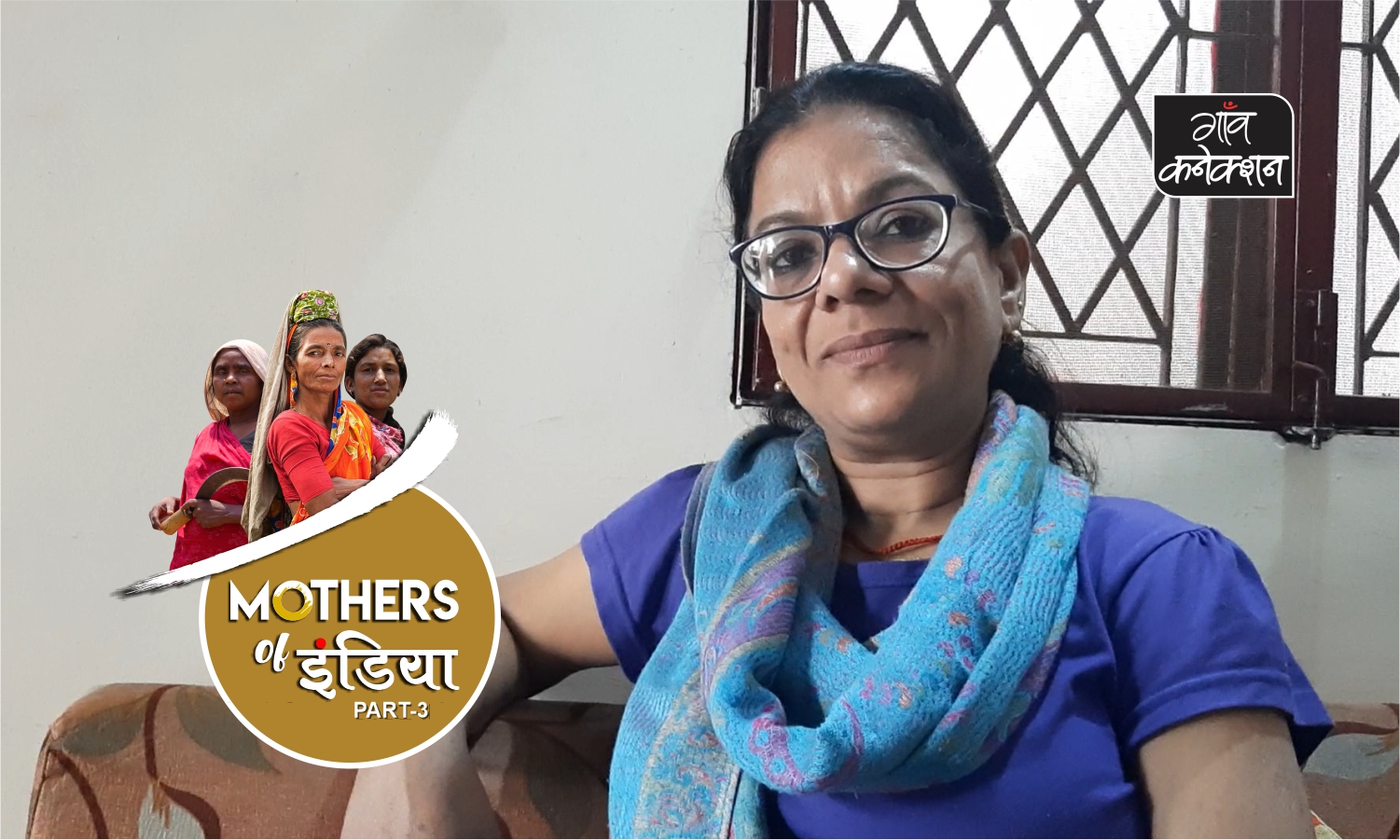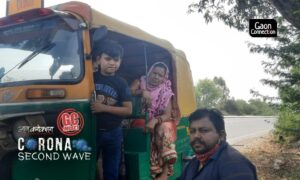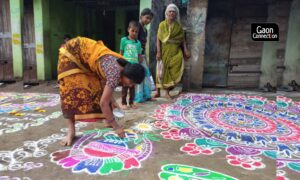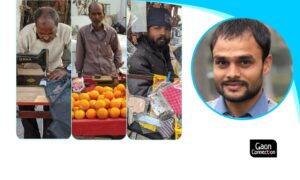What all do the mothers do to raise their children? We profiled some of the mothers who are working beyond the conventions of society and the threshold of domesticity to provide for their families. Meet Mona Balani, who is HIV positive.
“There was a time when I had nearly died. People were preparing for my last rituals. But my son’s words gave me the courage to rise and sit up,” said Mona Balani, who was fighting for life 15 years ago due to HIV. At that time, her son had clung to her and said: “Mummy, Papa has already left us. Now you too must not leave me and go away. How I will live … ?”
These were the words that motivated Mona Balani to live.
“I still feel that had my son not spoken these words, I might not have been alive today,” said Mona Balani, 43, sitting with her son on the couch and stroking his head fondly at their residence at Sarita Vihar in Delhi. She gave an account of her life as to how she has been living with HIV for the past 20 years.
“Everyone has the same question, how did it all happen? For five to six years, we lived completely separated from the society. People, back then, had believed HIV to be spread through touch,” recalled Mona, emotionally.
Originally born in Jaipur, Rajasthan, Mona began working with Network for People Living with HIV in 2006. This is the institution where Mona realized that she was not the first woman in the country who had HIV.
Now, she (NCPI+) is working in 10 states as director for two projects of the national alliance of people living with HIV in India. The institution is directly associated with 1.2 million people infected with HIV and has been working directly and indirectly with a total of 2.5 million people.
“My husband had HIV, which we came to know in 1999. When I tested, I too was detected as HIV positive. Two years after this, my one-year-old son passed away. There was a time when our entire savings had been used up. We even had to sell up our house. We really did not know how to manage our life,” said Mona.
Mona is the shining beacon of hope for millions of HIV-positive patients in the country today, who are battling this incurable disease. However, the journey to this point was not easy for Mona.
Born in the middle-class Brahmin family, Mona was the youngest with two elder brothers, and also the one who did inter-caste marriage in 1993 against her family’s wishes. Following her marriage, their family members had severed all ties with the couple.
“When my husband was breathing his last, my parents had come to see him for the first time,” said Mona reminiscing about May 26, the day her husband had succumbed to HIV in 2005.
It was on the 13th day of her husband’s death when Mona had started working with Network for People Living with HIV. After working for the institution in Rajasthan for nine years, Mona shifted to Delhi.
“This was the time when I had to field the responsibility of both mother and father for my son. There were no savings, no roof to stay under,” said Mona and added: “I had to live for my son, so I continued to work despite having HIV. I had to provide my son a sound upbringing. I had to ensure that my husband’s name lives on.”
Looking at her energy it is difficult to predict the sufferings endured by Mona Balani. As of today, she is an inspiration to millions of HIV-infected patients living in different parts of the country. With a gentle smile on her face, she always meets you with a cheerful enthusiasm.
Gajraj, who lives with Mona, speaks embracing her happily: “I didn’t want to tell anyone about this virus and had even lost my husband to it. I am thankful to Mona that I am living with HIV for the past 15 years.”
Mona’s son Mohit is now 23. Talking very fondly about his mother, Mohit said: “I am proud of my mother. After my father passed away, my mother worked hard to provide me with everything that I needed. She ensured me a respectable place of a good citizen in the society.”
Very happy in her married life, Mona’s marital bliss met its death after just six years. She was completely shattered by the death of a toddler son soon after the detection of the husband and her own illness. She had also suffered countless instances of social discrimination.
“It was a difficult period when our families found out that we both were HIV positive,” said Mona, showing her framed photo with her husband. “I do not at all regret my decision of marrying him. He was a very sweet and caring individual. Even today, he is not far away from me. I live with his memories.”
This is part three of the series, Mothers of India
Read part one of the series here
Read part two of the series here



















